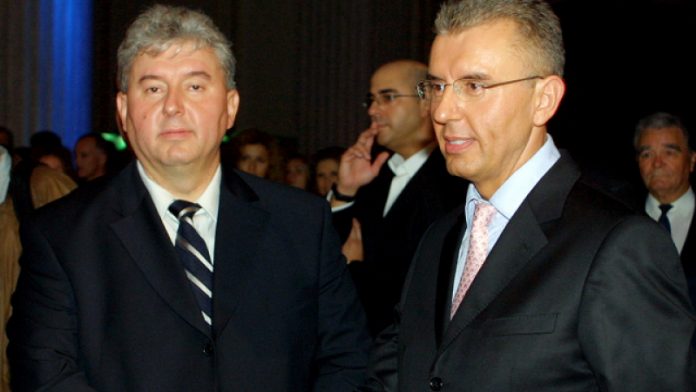Romania has defeated an effort by Swedish liquor tycoons to revive their 2 billion dollar claim accusing the country of sabotaging their spirits business by failing to adequately protect their investments.
Investments
Ioan and Viorel Micula who own a number of food and soft drink companies including Scandic Distilleries demanded 9 billion lei in compensation from the Romanian state in a lawsuit that began in 2014 over incentives they were given but then revoked.
The Washington International Arbitration Tribunal rejected the brothers’ request in March 2020.
The Ad Hoc Cancellation Committee which is under the authority of the International Center for the Settlement of Investment Disputes of the World Bank on January 4 upheld that ruling.
Black market
The brothers accused Romania of allowing the development of a black market for the sale of alcohol, and failing to properly enforce taxation. They alleged that authorities had taxed their distilling operations, but had not applied the same measures to other investors.
They demanded total compensation of 9 billion lei. They claimed Romania had violated the terms of a Romania-Sweden treaty.
However, in 2020 the Washington court found in favor of Romania. It ordered the twin brothers to pay 75% of court costs.
Tax laws
The court stated that Romania had adequately imposed its tax laws and noted that there was a “sophisticated mechanism” already present to enforce these regulations.
The story began in 1998 when Romania introduced economic incentives for investors. The Miculas, who have Swedish citizenship, grasped the opportunity and incorporated several companies for investment-related purposes.
During accession negotiations, the EU pointed out that the incentive scheme was contrary to its competition rules. In August 2004 Romania repealed all but one of the tax incentives.
Positive outcome
“We are very pleased with the positive outcome of the case, in which the Ad Hoc Committee rejected the applicants’ request for annulment and upheld the previous arbitration award showing that Romania had not violated the Sweden-Romania Treaty,” said the lawyer representing Romania.
“We are at the end of a dispute that lasted over 7 years … one of the most complex cases, in which issues of substantial and procedural tax law.. were introduced in an investment arbitration, “ said Crenguța Leaua, who represented Romania.
She specializes in international commercial law and particularly in international arbitration.






























